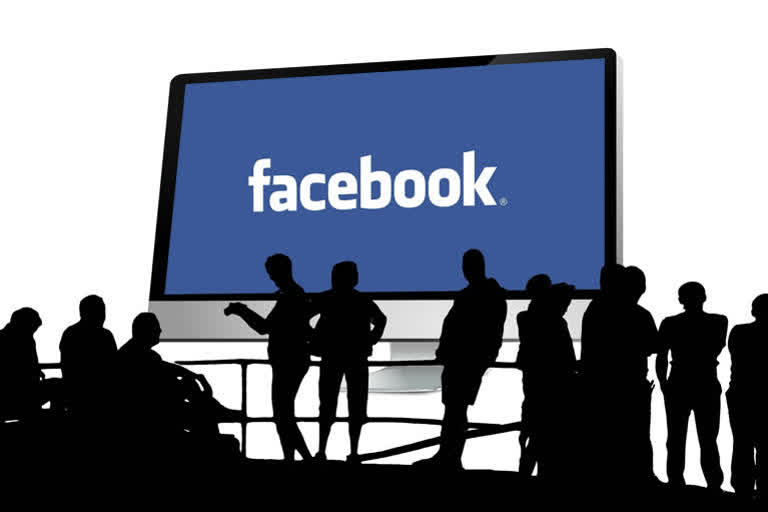Hyderabad:We, humans, are social animals. We crave human company, that's just in our nature. Since the early days, humans have lived in groups, big or small. But times have changed. We now live in a time where the same human proximity that helped the early man survive and evolve, can lead to a grim end. The new coronavirus has altered our realities. It has shown the proud human that nature is the one in control. It has shown us that for all our so-called strengths, if mother nature wishes, it can bring us to our knees.
Of all our strengths, we humans have always been proud of our ability to maintain strong social bonds. We have always been proud of our brotherhoods or sisterhoods, but with COVID-19 we have been robbed of even that. However, our tendency to seek like company is strong, therefore as the world goes into a standstill, halting all close quarter interactions, practising "social distancing", we have begun to embrace the virtual world. Unable to interact physically, people have moved to social media with zeal. Not only has social media acted as a bridge to connect people, but major players have also emerged as the main sources of information for the people, which eventually affects their decision-making process, especially during this crisis. Although the flow of information via social media is a boon, there's also a reason to worry - the flow of misinformation. The World Health Organisation is worried that an "infodemic", an overflow of accurate and inaccurate information COVID-19 may thwart the efforts to curb it.
Also read:Coronavirus pandemic: An 'Act of God'?
Although social media companies have always been under the scanner for their failure to curb the spread of misinformation, this time around failure is not an option. The pandemic has not only emerged as a challenge to these companies but also a way for them to right past mistakes and social media giants are pulling out all the stops to rise to the occasion.
Although it lost the trust of millions after the Cambridge Analytica scam, Facebook has led the fight against the misinformation with strongest and orderly manner since the initial outbreak. Other social media giants like Twitter and Youtube have also taken steps to stem the flow of misinformation, but there is still much to do for everyone.
Dealing with the overflow of information
Social media companies can promote, demote or outright block content from their platforms. According to Facebook, the average user sees only 10% of their News Feed and the platforms determine what users see by reordering how stories appear. This means demoting and promoting posts could be as essential as blocking them outright. Blocking posts can also prove to be difficult as it goes against the right to speech and expression.
A company like Facebook relies on third-party fact-checkers and health authorities flagging problematic content and removes posts that fail the tests. It also blocks or restricts hashtags that spread misinformation on its sister platform, Instagram.
Twitter and Youtube, on the other hand, have been less consistent in their efforts. Twitter says it has acted to protect against malicious behaviours. Del Harvey, Twitter’s vice president of trust and safety, said that they will remove any attempt to distort or misinform. YouTube removes videos claiming to prevent infections. However, neither company has a transparent blocking policy founded on solid fact-checking.
While all three platforms are demoting problematic content and elevating content from authoritative sources, the absence of consistent fact-checking standards has created a grey area where misinformation can slip through, particularly for Twitter.
Also read:Climate Vs Coronavirus: Why Senate's $2 trillion package could represent missed opportunities
The idea of acceding to authoritative figures can also cause problems. For example, @realDonaldTrump can be called an authoritative figure, being the President of America and whatnot, but the POTUS himself has been tweeting misinformation. Several other influential personalities who, although not designated as authoritative figures, have managed to circulate misinformation. Elon Musk, the founder of Tesla and SpaceX, tweeted a false assertion about the coronavirus to 32 million followers and Twitter has declined to remove his tweet. John McAfee, the founder of the eponymous security solutions company, also tweeted a false assertion about the coronavirus. That tweet was removed but not before it had been widely shared.
Utilizing influence to encourage positive behaviour
